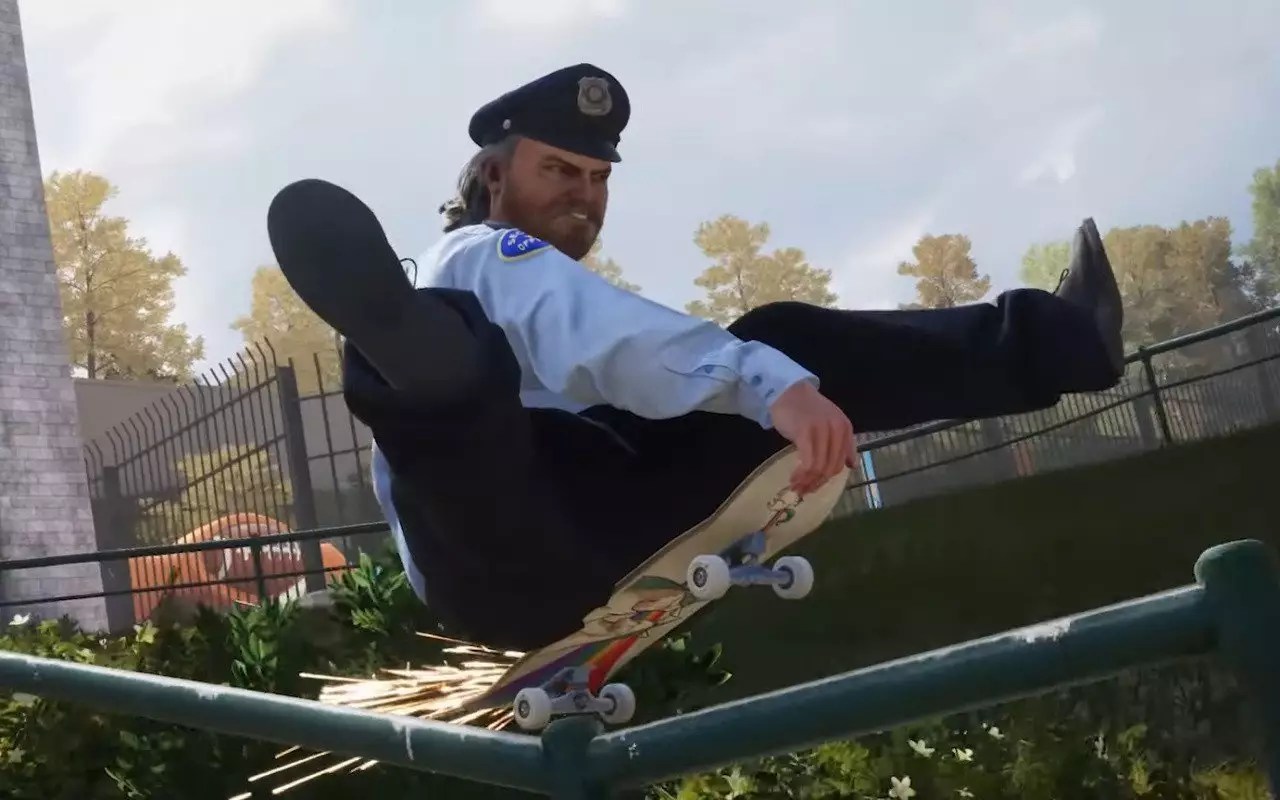The re-release of Tony Hawk’s Pro Skater 3 and 4 on multiple platforms serves as a nostalgic trip for long-time fans and introduces a new generation to the legendary series. While the core gameplay remains as captivating as ever, one of the most noticeable and debated elements is the soundtrack. Historically, these games have been celebrated for their impeccable playlists that captured the rebellious spirit of skate culture. However, with the latest editions, there’s a palpable shift in approach—moving away from pure nostalgia towards a curated diversity of new and old acts. This decision sparks a broader conversation about how nostalgia is balanced with innovation in game design, particularly through music curation.
While many gamers yearn for a soundtrack that mirrors the original’s energy and familiarity, developers are increasingly aware of the importance of expanding musical horizons. This strategic choice not only introduces players to emerging artists but also positions the franchise as a cultural bridge to contemporary sounds. The shift signifies an evolving understanding that modern audiences crave fresh auditory experiences, even within games rooted deeply in the past. It’s a bold move that aims to respect the legacy while also charting new territory—an ambition that inherently involves risk but also demonstrates a willingness to adapt to cultural change.
The Role of the Creator’s Voice in Soundtrack Decisions
Tony Hawk’s involvement in soundtrack decisions adds a layer of intriguing complexity to this evolution. His recent statements highlight a conscious effort to influence the music selection, emphasizing the importance of balancing personal taste with broader team input. Hawk underscores his desire to “keep it fresh” and to serve as a gateway for players to discover music they might not have otherwise encountered. This perspective positions him not just as an endorser but as an active curator who aims to shape the cultural experience of the game.
However, Hawk’s explanations reveal a tension between personal preference and organizational consensus. His acknowledgment that not every song he suggests makes it into the final cut illustrates the compromises involved in such collaborative creative processes. The exclusion of songs like Alien Ant Farm’s ‘Wish’ exemplifies this balancing act—favoring new and emerging acts over familiar hits to maintain a forward-looking musical identity. While some fans might feel disappointed with certain omissions, the broader intent seems to be fostering musical discovery rather than nostalgia alone. This approach, in theory, enriches the gaming experience by offering fresh soundscapes that resonate with a diverse, global audience.
The Commercial and Cultural Implications of Changing a Classic Formula
This strategic shift also reflects commercial considerations. The decision to focus on contemporary and emerging artists aligns with a broader industry trend to sustain relevance and appeal to younger audiences. Integrating newer acts into the franchise helps keep the series fresh in a crowded marketplace where musical and cultural trends evolve rapidly.
Moreover, this approach pushes the boundaries of traditional game soundtracks by creating a more dynamic and culturally diverse playlist. It’s an effort to avoid stagnation—an element that may have previously defined the series but now risks becoming a double-edged sword if not handled with care. The balancing act involves honoring the franchise’s roots while staying attuned to current musical currents and listener preferences. This evolution suggests a broader acceptance that beloved classics will always hold a special place, yet a new, inclusive playlist can elevate the franchise’s cultural relevance and appeal.
Ultimately, modern game soundtracks are no longer just background music—they are integral to storytelling and cultural engagement. As the industry recognizes this, the challenge becomes how to preserve the essence of a beloved franchise without sacrificing innovation. Tony Hawk’s Pro Skater series exemplifies this tension—striving to honor its history while daring to push musical boundaries. This balancing act defines not only the franchise’s future but also signals a broader cultural shift on how we experience nostalgia in the digital age.


Leave a Reply